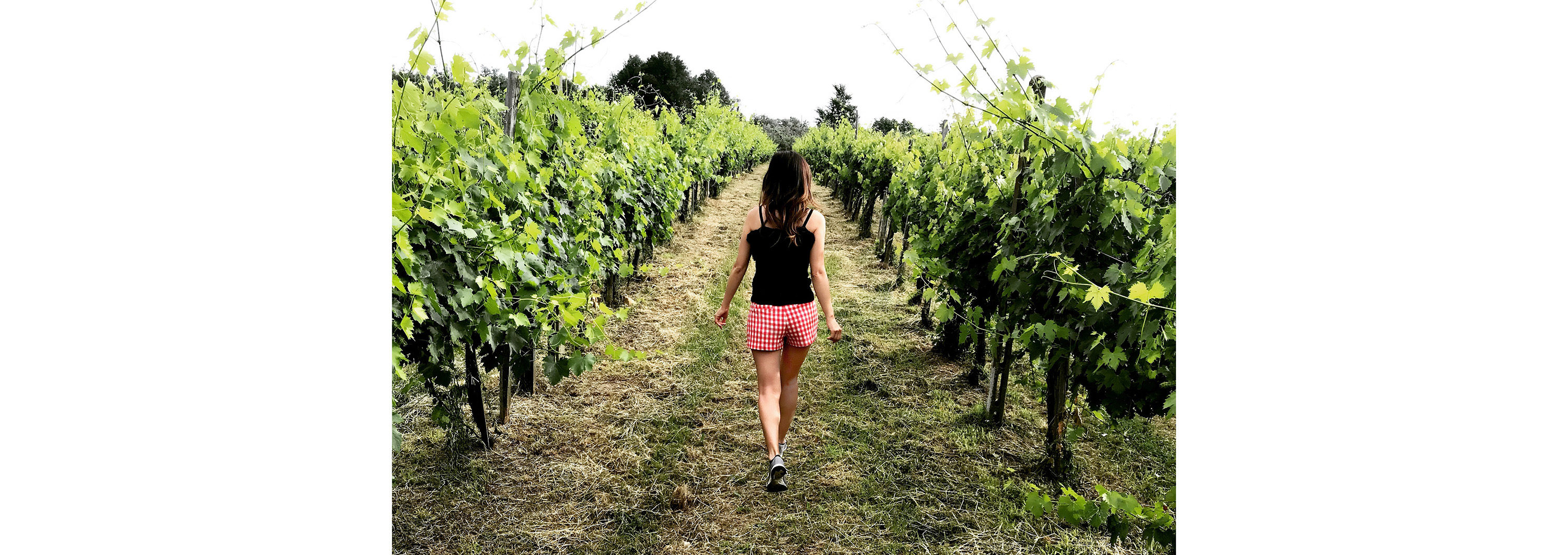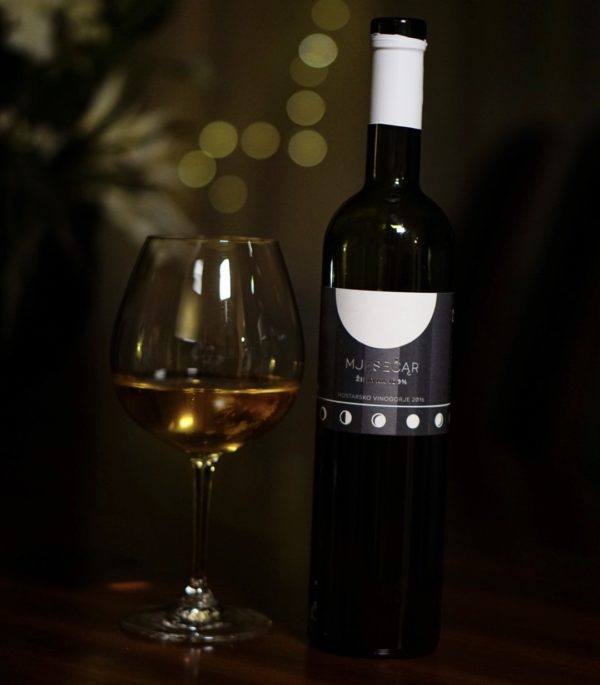While Bosnia-Herzegovina doesn’t produce a significant amount of wine, it does have a few thousand acres of productive vineyards situated mostly in the lower-lying areas between the Adriatic coast and Mostar. And located in the small town of Čitluk, a mere speck at the heart of the Bosnia-Herzegovina wine production, enterprising winemaking Josip Brkić and his twin sons produce wine made of native grapes Žilavka (white) and Blatina (red) that are not only as close to truly representative of the region, but also deliciously unique.
Josip is probably Herzegovina’s only biodynamic grower at the time of this writing this post. Going against all conventional wisdom, he converted the family’s four hectares and set out a new path. According to Josip, being one with the land means to be thoughtful and and to fully embrace one’s surroundings. He said something to the effect that all he needed were his hands and grapes [to make wine] … and the moon. He was of course, talking about Mjeseċąr, which means “moon walker,” Josip’s first wine made in a complete biodynamic way and supported by the power of the moon. All the work in the vineyard is performed according to the moon phases, from pruning, harvesting, grape selection, to creating the wine itself.
Utilizing organic and biodynamic principals and the lunar calendar, Josip respectfully fulfills the responsibilities to the land with his desire to make wines of terroir. Moon walker is an “orange wine” (made from white grapes with extended skin contact). It is made with100% Žilavka, undergoes whole cluster fermentation and is left on their skins for 9-15 months in Bosnian oak barriques.
As for the grape, Žilavka has a wonderfully aromatic floral character and evolves into a field of local herbs. When I drove through the region of Bosnia and Herzegovina, there was this persistent aroma of dried herbs and sun-baked limestone. In the glass, I smell what reminds me of the land, along with sulfur hot springs (from my college days), lanolin, savory richness, and nutty toffee.

